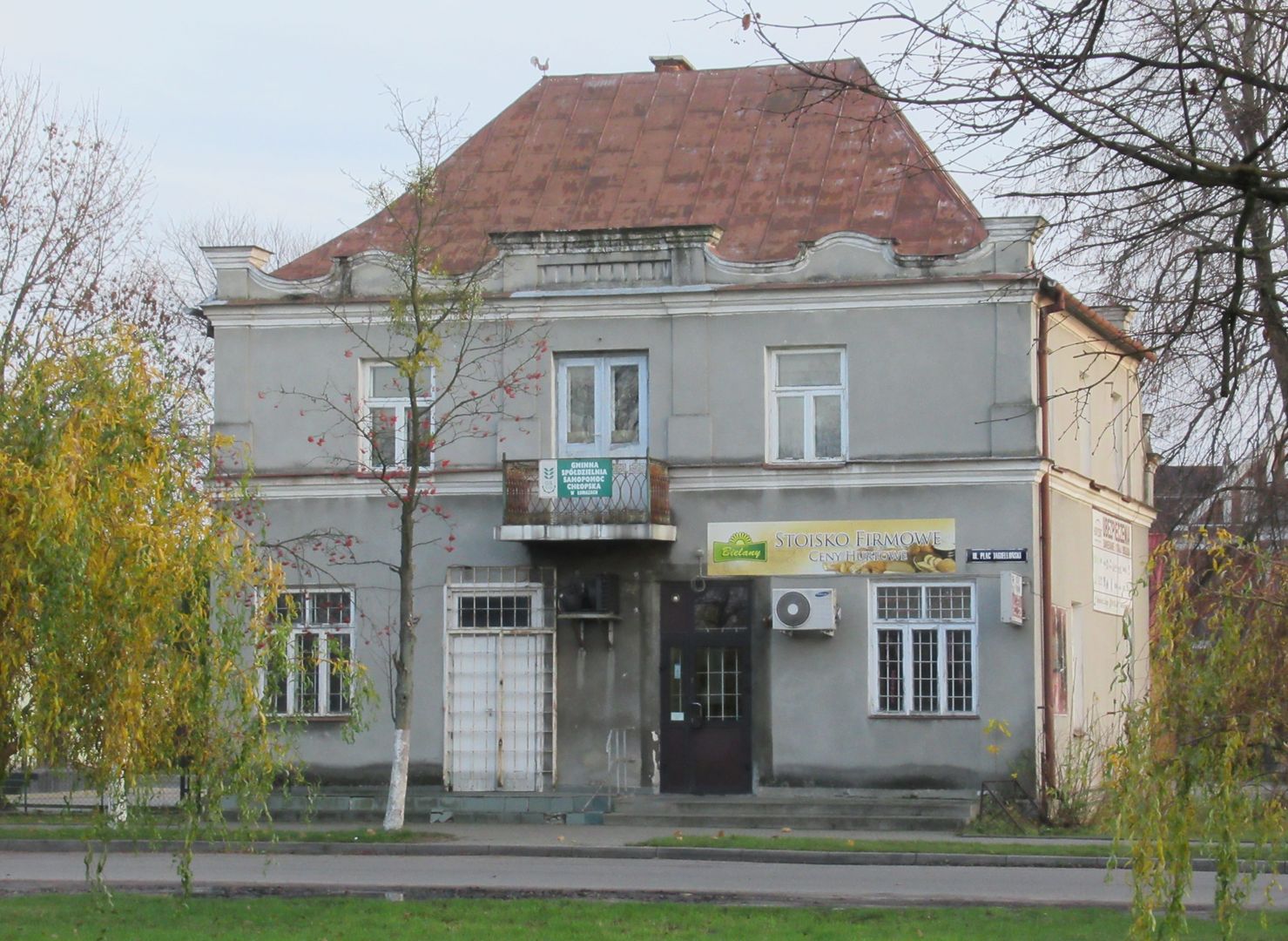Lomazy
6.67

Overview
Łomazy is a rural commune in the Lublin Voivodeship, located in the Biała Podlaska County, situated within the Łomazy Depression. Historically, the village stands out for its former status as a royal town, which at the turn of the 15th and 16th centuries was an important economic center and the site of Polish-Lithuanian parliamentary sessions in 1451 and 1464. In 1568, it was granted Magdeburg rights, trade privileges, and a coat of arms, with the main communication artery being the royal road connecting Kraków and Vilnius. In the 19th century, Łomazy was a multi-ethnic community, home to Jews, Ruthenians, and Tatars. Over time, it lost its town rights in 1870 as a result of repressions following the January Uprising. In the 20th century, the village became a center of resistance during World War II, when the Germans established a ghetto here, and in August 1942, the tragic liquidation of the Jewish community took place. Łomazy features interesting sacral architecture, including the Church of Sts. Peter and Paul from 1907 and a church cemetery. The local community is involved in various sports initiatives, such as the Gminny Ludowy Klub Sportowo-Turystyczny Niwa Łomazy and the Akademia Taekwon-Do VIRTUS. The culture and history of Łomazy are also linked to individuals who influenced the development of the region, such as the renowned theologian Fr. Wacław Hryniewicz and Aleksander Derlukiewicz, a soldier of the Peasant Battalions. The village is also mentioned in literature, including in Aleksander Fredro's "The Revenge." Łomazy, with its rich history and cultural diversity, remains a significant part of the heritage of the Lublin region.
Location
2026 Wizytor | All Rights Reserved